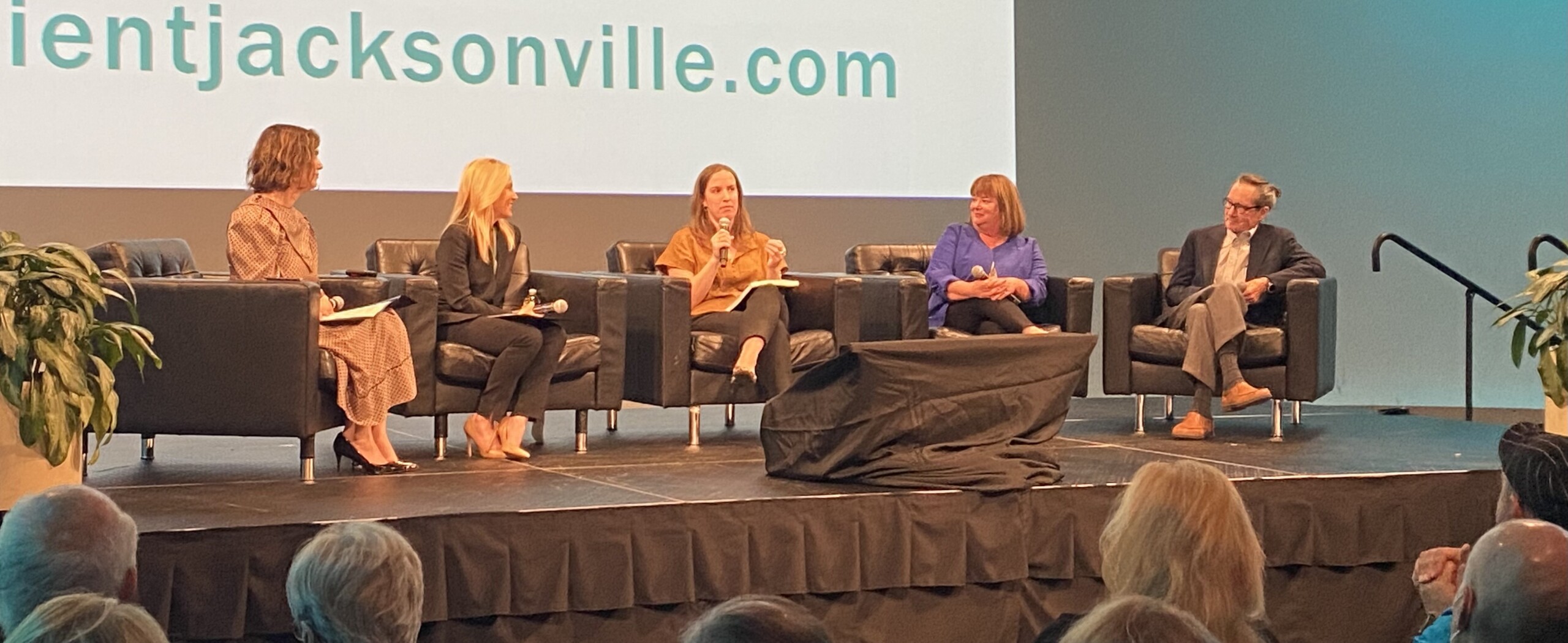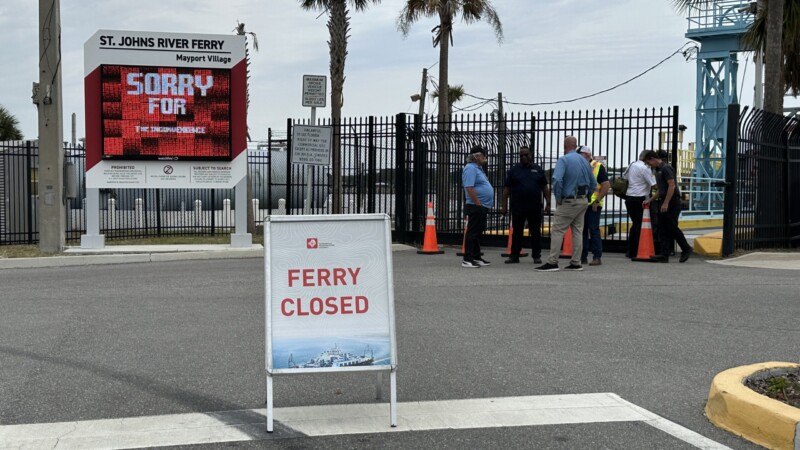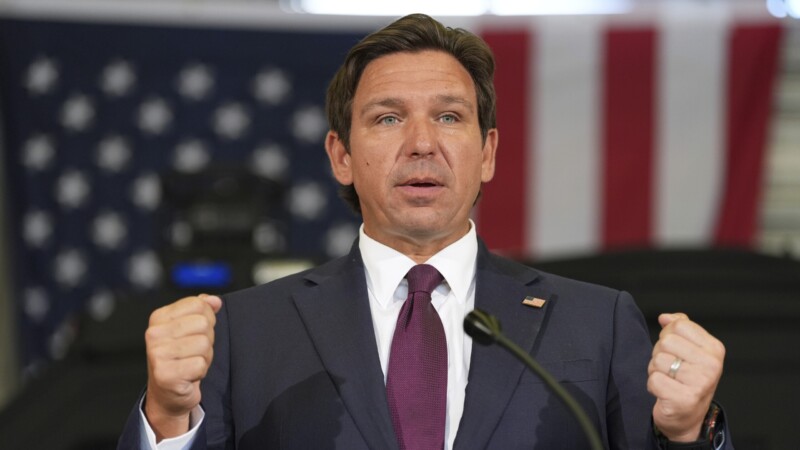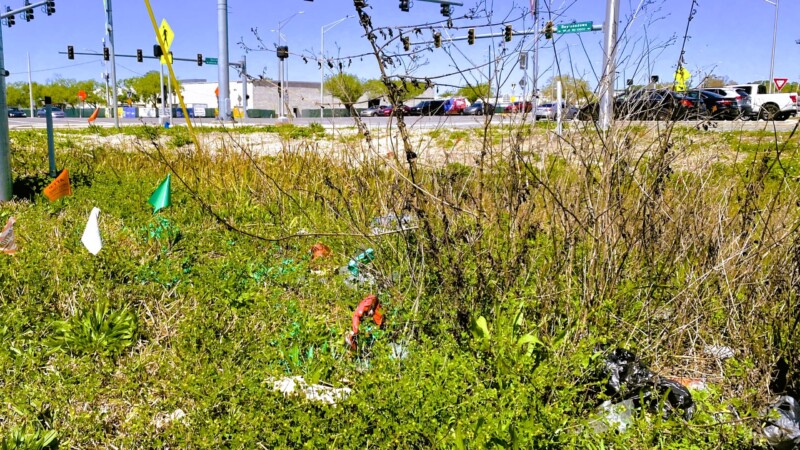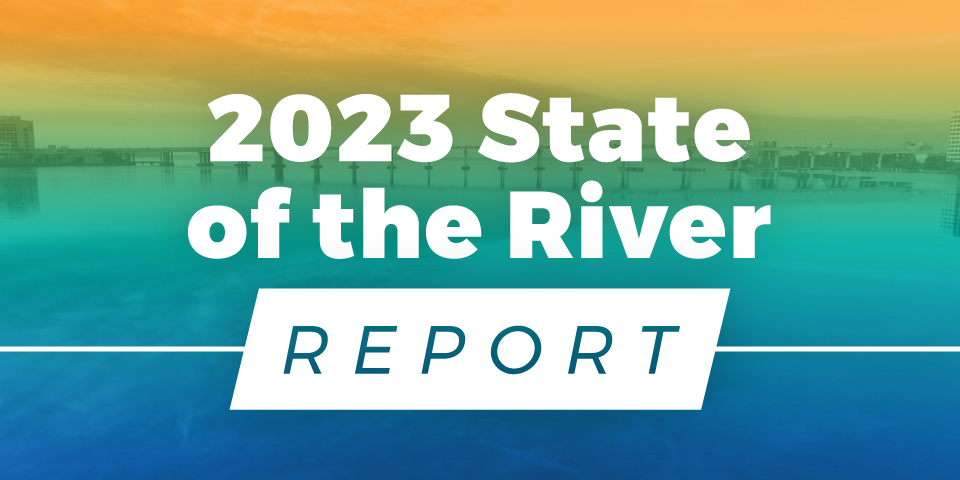Jacksonville Today hosted the Achieving a Resilient Jacksonville panel discussion Wednesday night to dive into the recently released Resilient Jacksonville report, which highlights the threats our city faces from climate change, as well as social and economic changes, and presents a detailed plan of actions that can be taken to adapt to projected population growth and other changes coming. The panel was made up of Mayor Donna Deegan, Chief Resilience Officer Anne Coglianese, Logan Cross from Sierra Club Northeast Florida and attorney Emily Pierce, who represents the interests of developers.
If you didn’t have a chance to watch it live, check out the video and read on for a few key takeaways from the discussion.
1. The plan is already in motion
The plan outlines 45 actions that can be taken, and with sub-actions within them, it totals about 90 steps. It sounds like a huge undertaking, and one reader who submitted a question doubted that all of it could happen. But several steps are already being implemented, the mayor and CRO say. Remember the extremely hot weather we experienced this summer that led the city to open up cooling centers to protect vulnerable citizens from the deadly heat? That idea came from the resilience plan, as did the mayor’s inclusion of over $21 million in her budget this year to plant more shade trees to reduce urban heat.
2. Dollars and sense
Making the city more resilient is as much a business concern as it is an environmental one. Building with more sustainable materials and creating more resilient structures can be much more expensive and could be cost prohibitive for affordable housing projects, for example, says Emily Pierce. But offering incentives for builders to follow sustainable practices and encouraging development in areas at low risk of flooding can work better than punishment or prohibiting development outright, she argued. And more money invested up front on resilience means much less money spent on responding retroactively to problems like sea level rise. Mayor Deegan pointed to studies showing that the return on investment for implementing resiliency initiatives is “exponential.”
3. Who will pay?
Investment is a key word here. Following the strategy of resilient growth isn’t going to be cheap, but that doesn’t mean local taxpayers will be footing the entire bill. Mayor Deegan expects state and federal grant dollars will go a long way to bringing the resilience plan to fruition. In the last two years, Coglianese said that the city has secured about $45 million in grants for resilience initiatives, including around $18 million just since Mayor Deegan took office. There’s a lot of federal money still available, and Deegan plans to “go after every one of those dollars.” Deegan also responded to a reader’s question about whether it was wise to spend $1 billion on stadium renovations when we need so much in the way of resilience. Her response: We can do both. Great cities don’t choose between one or the other, she said.
4. Optimism — but pushing for other changes
It’s easy to feel pessimistic or overwhelmed about climate change. But everyone on the panel, despite their competing priorities, said the report and Mayor Deegan’s outlook on climate issues make them optimistic about the future. There was some disagreement, of course, over what actions should be prioritized next. For his part, Logan Cross with the Sierra Club said the strategy doesn’t do enough to address climate measures like reducing greenhouse gas emissions. He also wishes an upcoming regional climate action plan was being prepared specifically for Jacksonville, with targets for JEA to reduce its reliance on fossil fuels more quickly.
5. Get involved
Aside from the resilience plan, there are ways that we can take action as individuals to ensure the city is as well prepared for the next 50 years. Cross encouraged everyone to become more engaged with decision making in the community by joining organizations that share their values and showing up to local government meetings. (Check out the Get Involved section of every Jacksonville Today newsletter for opportunities to do just that).



